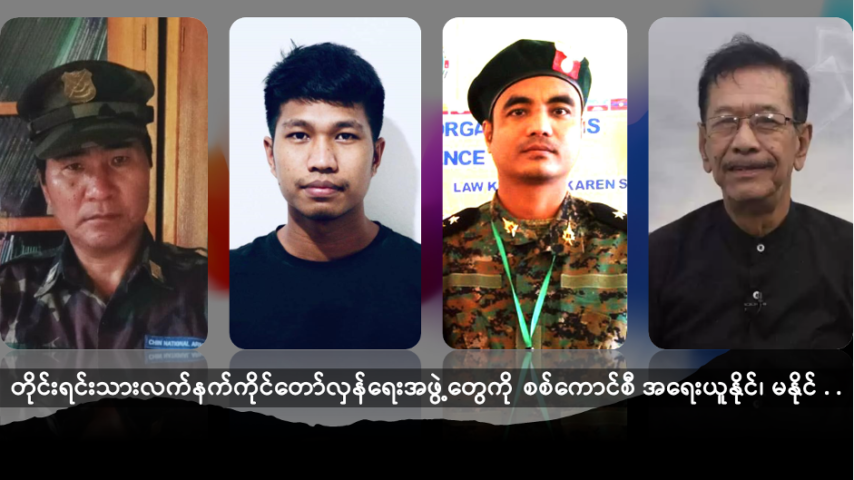Interviews on the plausibility of the military council’s decisive action against ethnic armed organizations
Following the military council’s crackdown on anti-coup protesters on the streets throughout Myanmar, stateless youth have taken up arms in areas controlled by ethnic armed organizations (EAOs) and resisted the military regime. Most of the EAOs either directly or indirectly support the People’s Defense Forces (PDF).
Among them, armed groups such as the Karen National Union (KNU), the Kachin Independence Army (KIA), the Chin National Front (CNF), the Karenni National Progressive Party (KNPP), and the All Burma Students’ Democratic Front (ABSDF) have provided formal support, while others such as the Arakan Army (AA), the Ta’ang National Liberation Army (TNLA), and the Myanmar National Democratic Alliance Army (MNDAA) have contributed to the resistance in various ways.
In response to the close ties between the National Unity Government (NUG) and the PDF and EAOs, Myanmar military chief Senior General Min Aung Hlaing threatened in his Armed Forces Day speech on 27 March that he would take decisive action against the PDF and some EAOs that support them.
Is it plausible that the military council will take decisive action against EAOs? In interviews with DMG, EAO leaders and political analysts offered their views on the likely situation.
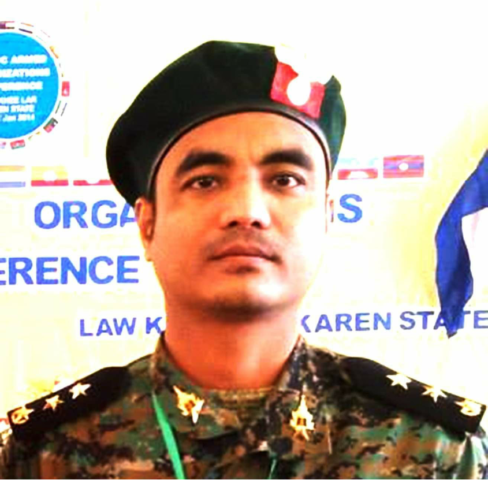
Colonel Min Tun (Commander-in-Chief), Arakan National Council/Arakan Army (ANC /AA)
The junta chief said in his speech that he would take action against the EAOs that support the NUG and the PDF. To this I would like to say that the EAOs are not the only groups helping them, there are also international communities, pro-democracy forces and oppressed groups in the public. The reason they are participating is because everyone knows that the political processes that the military council is trying to create are not conducive to internal peace or international peace. The military council is not like a good tree that can lodge ten thousand birds, but rather like a poison tree that threatens everything around it. So whoever cuts down the poison tree would be our benefactor or mighty saviour, no matter who cuts it down. Everyone has these kinds of feelings toward it. Whether it is a single person or a group that cuts down the poison tree, that is, the military council, will be beneficial to both sides. Considering their interests, the general public will also support this mighty person or group. If the junta leader continues to fail to see the light and treats those who dob’t share his own ideas as enemies across the board, his political sphere will gradually shrink.
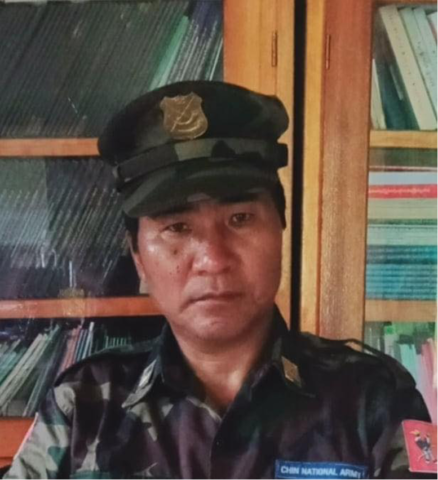
Salai Htet Ni (Spokesman), Chin National Front (CNF)
How can the military council take action against us? We have been fighting for two whole years since the Spring Revolution. In our Chin Mountains, the military council has destroyed people’s lives and property. They have burned houses, arrested, imprisoned and murdered people. That is why I am perplexed by the junta chief’s statement to take action against us. Militarily, they have attacked us from all sides, both on the ground and from the air. So he is exactly the one who committed atrocities unilaterally. So I would like to ask him a counter question. Who are the ones that are going to be taken action against?
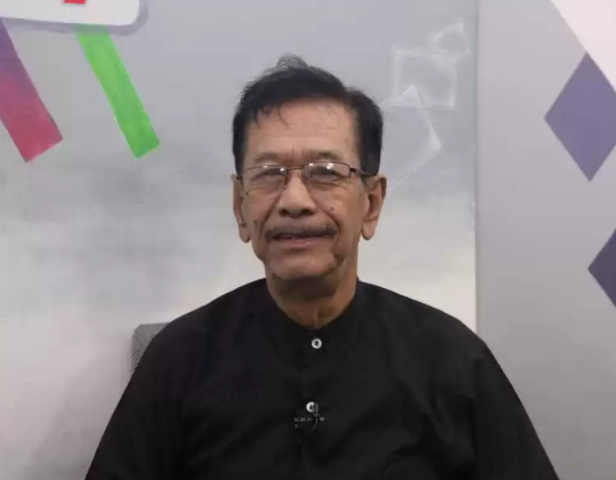
Than Soe Naing (Political Analyst)
This is what he usually talks about. He must have felt compelled to say something like that because it was the Armed Forces Day. Then he talked about holding a peace conference soon. In reality, he is fighting the KNU, the KIA, the Karenni armed groups, etc., who don’t want to hold peace talks with him. The military council has fire in one hand and water in the other. Not only that, he wants to be the architect of peace. And on the other hand, he also wants to defeat the groups he has accused of being terrorists. That is why, on the Armed Forces Day, he spoke loudly about the suppression of the armed groups such as KIA, KNU and KNDF that are fighting alongside the PDF. Those who are oppressed under the military leaders who hold fire in one hand and water in the other are the people. Those who are in peace talks with the military council are small groups who signed the NCA. The big groups are fighting them (the military regime). Now that the NUG has announced that 2023 will be the decisive year, the fighting will only increase.
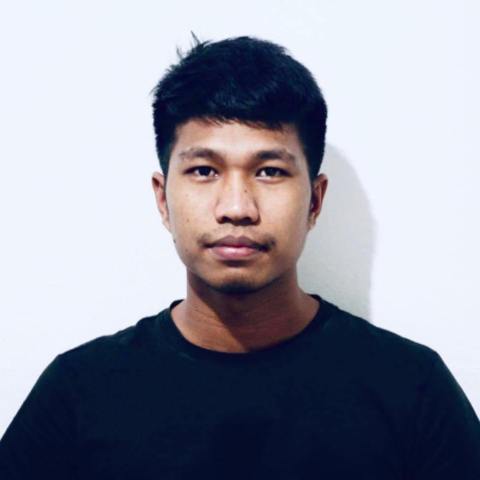
Kyaw Hsan Hlaing (Political researcher)
This is not the first time the military council has said this. In the past, for example, during the 2018–2020 armed conflict in Arakan State, junta chief Min Aung Hlaing also said during his trip to Russia that the AA was supported by a neighbouring government. This means that he wants to threaten those who support the PDF politically and militarily. Now that the regime’s army has suffered setbacks, including territorial losses and casualties, he wants to reveal who is behind it. But if we look at the Spring Revolution, people or groups all over the country have something to do with the struggle in one way or another. So the military council is not in a position to take military action against all of them. Otherwise, that would be like digging your own grave. Therefore, it is just political rhetoric and verbal threats.
Sent by DMG.

